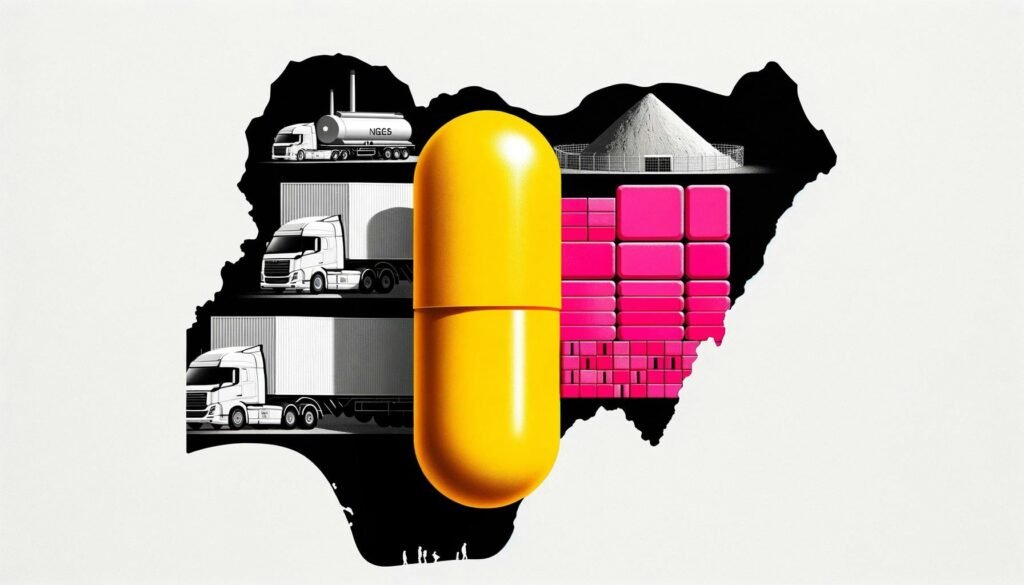What is going on here?
Nigeria’s private sector continued on an upward trajectory for the second consecutive month as of September, even as consumers refrained from spending.
What does this mean?
Nigeria’s Purchasing Managers’ Index (PMI) rose slightly from 50.2 in August to 50.5 in September, indicating moderate growth in the private sector. This rise was primarily driven by strong new orders in the chemical and pharmaceutical industry, with cement also contributing significantly, with 23 of the 36 sub-sectors driving expansion. However, challenges persist, including transportation and warehousing difficulties. President Bola Tinubu’s economic reforms have put pressure on the country, leading to a decline in consumer purchasing power and ongoing inflation problems.
Why should we care?
For markets: Sectors are in a tug-of-war with economic policy.
Encouraging PMIs suggest continued growth for the sector, but Nigeria faces hurdles as President Tinubu’s reforms, including currency adjustment and subsidy removal, push up inflation. The central bank’s five interest rate hikes this year have raised borrowing costs and slowed broad market activity, posing a potential hurdle for investors with short-term interests.
The big picture: Economic growth decoupled from consumer power.
Nigeria’s two-pronged economic reform highlights broader global issues. Policy changes targeting structural interests may be inconsistent with short-term effects such as higher inflation and reduced purchasing power. As central banks around the world grapple with similar challenges, Nigeria’s situation provides insight into managing reform-driven growth while protecting consumer welfare, illustrating the complex balance between fiscal policy and market dynamics. There is.

